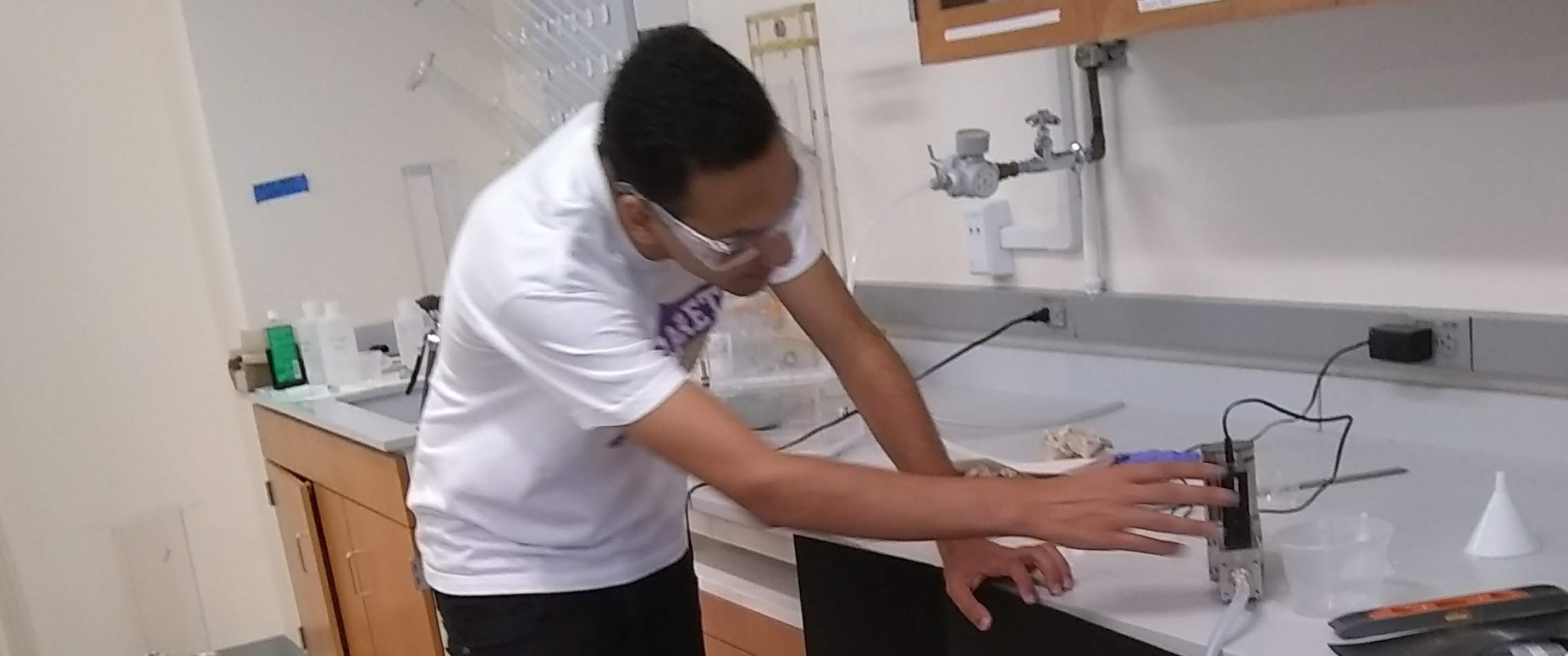
El-Hassn (Computing Security)
El-Hassn describes himself as a risk-taker. He and his two siblings were born here, but when they were young his parents took the family back to Egypt. When El-Hassn was 13 his father died, and his father’s family took increasing control over the children. The result, said El-Hassn, was that they had “no freedom.” The three siblings finally decided to return to New York; on arrival they were put into foster care. Along with his siblings, El-Hassn eventually entered the English Language Learners and International Support Preparatory Academy in the Bronx, known as ELLIS Prep. The commute from their foster home is at least two hours each way. All three completed their graduation requirements before the start of their third year. “I can honestly say,” one of his teachers wrote, “that El-Hassn is one of the students to shape my career.” During that teacher’s honors English course, El-Hassn analyzed “The Great Gatsby” through a Marxist lens, writing a paper about how Gatsby’s parties represented consumer waste. In his essay for us, El-Hassn wrote: “I believe that social classes are not fair and no one should be judged based on those things. Social class is an outcome of a materialistic world. I believe that people are equal to how they make this world a better place by making someone else’s life better.” El-Hassn, whose father was an engineer, has enrolled at the Rochester Institute of Technology, where he will study software engineering and graphic design.
